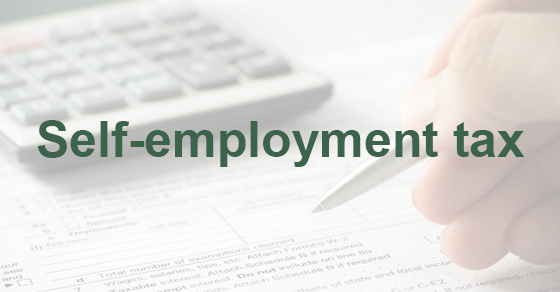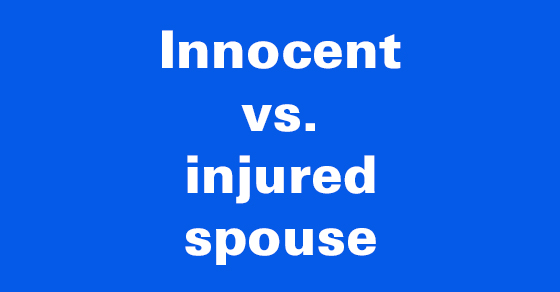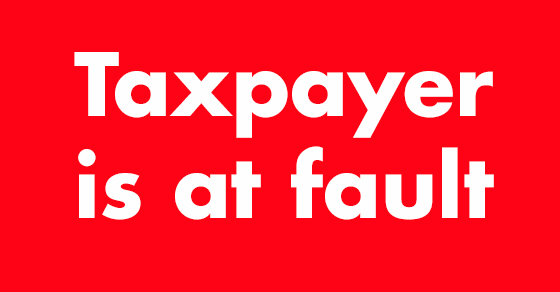Taxpayers don’t have to pay self-employment tax on an amount deemed to be rent paid to their chicken farm. The U.S. Tax Court ruled that a corporation, which paid its married sole shareholders both rent for farmland and wages for work they performed on the farmland, didn’t owe self-employment tax on the rent. The couple entered into an agreement with a large poultry producer, which paid rent to the business. The decision reverses the court’s holding in previous similar cases and follows the reasoning of the Eighth Circuit Court of Appeals. (149 TC No. 12)
Taxpayer prevailed, in spite of using wrong form
/in Individual Taxes, IRS guidance, Tax Briefs, Tax Planning, US Tax Court/by Raffensperger Martin Finkenbiner RMFA taxpayer who intended to file for innocent spouse relief (available when a joint filer claims no liability for items on a tax return), instead filed Form 8379, “Injured Spouse Allocation” (used when a joint filer loses all or part of a refund due to the spouse’s debts). The IRS and the U.S. Tax Court rejected her claim. But the 9th Circuit Court of Appeals found that she met the requirement of the “informal claim doctrine” and, therefore, her innocent spouse relief claim was timely filed.
Funeral expenses can’t be deducted
/in Individual Taxes, IRS guidance, Tax Briefs, Tax Planning, US Tax Court/by Raffensperger Martin Finkenbiner RMFOn their joint tax return, a married couple deducted $27,400 in funeral and estate administration expenses they’d paid after the wife’s father died. The IRS denied the deductions and the U.S. Tax Court agreed. “Funeral expenses are clearly personal or family expenses” that are nondeductible, the court stated. The taxpayers said they’d relied on various IRS publications in claiming the deductions. The court explained their reliance on the publications was “misplaced” because they discussed different expenses.
Another circuit holds that tax debt on a late-filed tax return is rarely dischargeable in bankruptcy
/in Tax Briefs, US Tax Court/by Raffensperger Martin Finkenbiner RMFThe U.S. Court of Appeals for the Third Circuit has ruled that, except with respect to returns prepared with the assistance of the IRS, debts for unpaid taxes from late-filed tax returns aren’t dischargeable in bankruptcy. In so doing, it affirmed U.S. District Court and bankruptcy court decisions and also came to the same conclusion as the U.S. Appeals Courts in eight other circuits.

© Copyright 2019 – 2024 Raffensperger, Martin & Finkenbiner LLC. All Rights Reserved.
About Us
Raffensperger, Martin & Finkenbiner (RMF) has proudly served the community in Adams County for over 40 years.
Contact Us
34 West Middle Street
Gettysburg, PA 17325
(717) 337-1414
(717) 337-2138 (fax)
info@rmfcpallc.com
www.rmfcpallc.com






